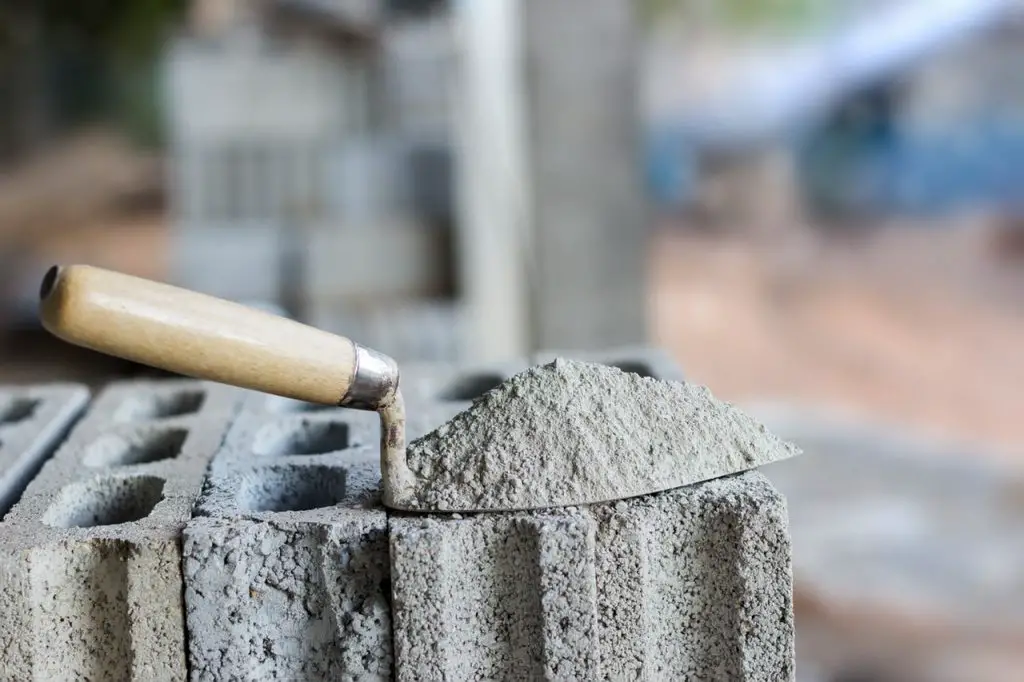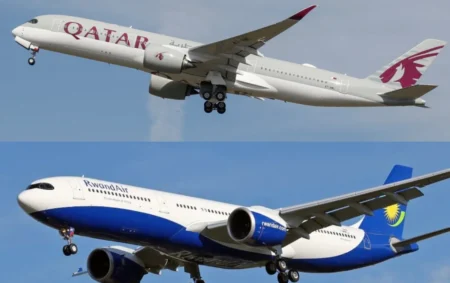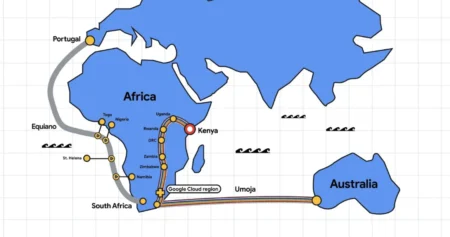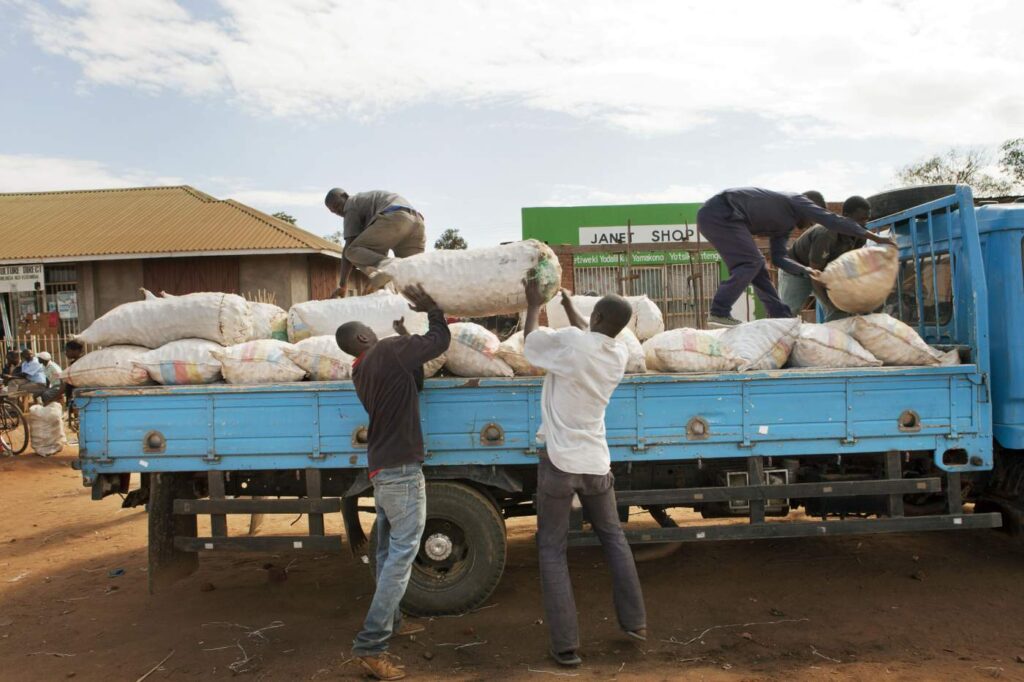Increased competition between Simba cement and Kampala cement is driving prices down in Uganda.
A 50-kilogramme bag now retails at an average price of $7.5 from $10.8 with some brands charging even lower.
Before the entry of Simba cement and Kampala cement, Hima Cement and Tororo Cement have been the dominant market players in Uganda.
The drop in prices has been long coming following last year’s drastic measures by Uganda’s Ministry of Trade, Industry and Co-operatives to fast track licensing of new cement manufacturers. The removal of 10 per cent import duty on clinker has also lowered production costs.
Some cement manufacturers rely on clinker as a raw material in their production while Tororo and Hima rely on pozzolana as their raw material which is mined in Kasese and Tororo.
The government of Uganda had threatened to allow imported cement to come into the country on a special duty if the two major manufacturers, Hima and Tororo cement, did not increase production to bring down their prices.
Hima and Tororo cement had cut production which it said was due to high production costs caused by high electricity tariffs and taxes on imported clinker.
Also Read: East African Portland Cement to lay off all its staff to curb losses
The Commissioner in the directorate of geological surveys and mines Zachary Baguma said: “Four cement factories are now operating in the country, generating competition that has stabilised prices that were previously monopolised by Hima Cement and Tororo Cement.”
Prices of cement have been increasing due to increased demand in the construction industry. Statistics show that the cement sector in the country expanded from 23 per cent to 30 per cent, with big projects like Karuma and Isimba dam having a bigger share of the supply.
Cement demand from the neighbouring Democratic Republic of Congo and Rwanda has also been growing leading to increased production. construction works for the oil and gas industry is also expected to create more demand for the cement.
In June 2018, Hima Cement commissioned its $40 million factories in Tororo which is now producing an additional 0.8 million tonnes per annum, which is an addition to 0.9 million tonnes produced at the Kasese based plant.











